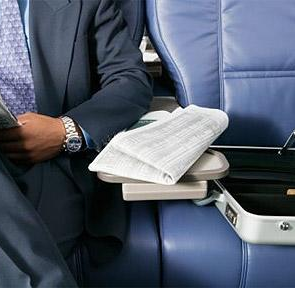Travel checks in anti-corruption reforms
 Victoria’s Education Department has imposed new restrictions on overseas and interstate travel for principals.
Victoria’s Education Department has imposed new restrictions on overseas and interstate travel for principals.
The new rules come in the wake damning revelations at an Education Department corruption inquiry.
Among the new orders, the department has also wants so-called ‘banker schools’ to return stashes of unaccounted money to prevent further corruption.
The tightened travel rules have already aggravated principals, who say they ban professional development trips and punishes all of them for the bad behaviour of come allegedly corrupt Department officials.
The Independent Broad-based Anti-Corruption Commission (IBAC) inquiry heard that the department's former head of finance Nino Napoli, former acting secretary Jeff Rosewarne and his then wife enjoyed a free trip to Britain, at the tax-payer’s expense.
But there were also allegations of principals and a school business manager travelling the world on trips paid for by false invoices for allegedly corrupt department officials.
The Education Department's acting secretary Kym Peake says travel will now only be granted in “exceptional circumstances”.
“One of the issues raised during the hearings relates to school-based interstate and international travel as part of staff professional development,” she said in an email to principals, school councils and business managers.
“This restriction on international and interstate travel undertaken by department and school staff takes effect immediately for all travel which has not already been approved.”
Staff can now only travel overseas if they can prove the trip has a “direct economic benefit to Victoria”, they are representing ministers or the secretary, or if the state's reputation “with a significant partner” will be damaged by not going.
The department’s secretary now has the job of approving all travel for school staff.
The restrictions do not apply to staff accompanying students on camps or sporting trips, or if the travel has already been organised.
Department have been restricted too, banned from travel unless they meet the “narrow exemption criteria”.
The restrictions are set to remain in place until the IBAC review wraps up in September, at which time new formal guidelines will come into effect.
The Victorian Association of State Secondary Principals says the changes are “punitive” and unnecessary, given that the department already has a comprehensive process for approving travel.
Principals have also been told that from Tuesday, all new payments to schools from the department and regional offices will have to go through the deputy secretary.
The IBAC hearings will resume on June 22.








 Print
Print